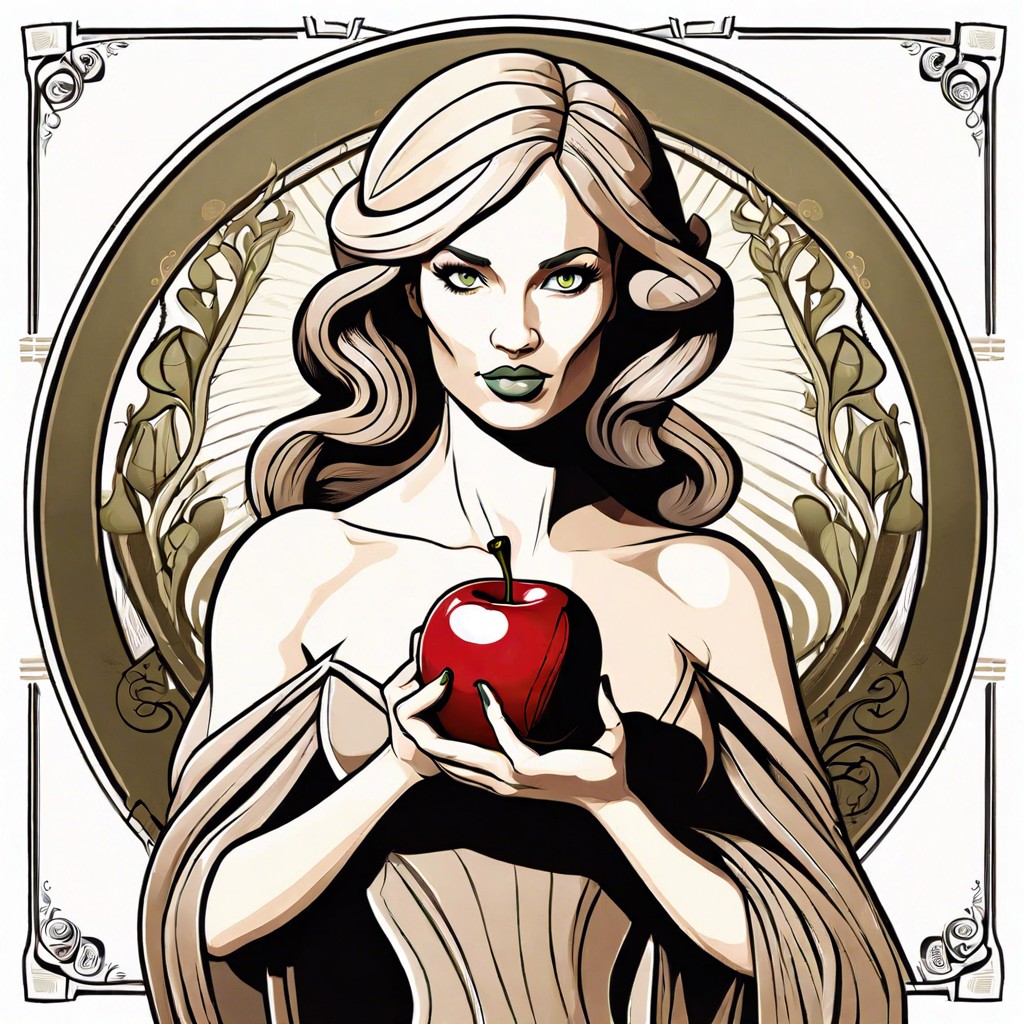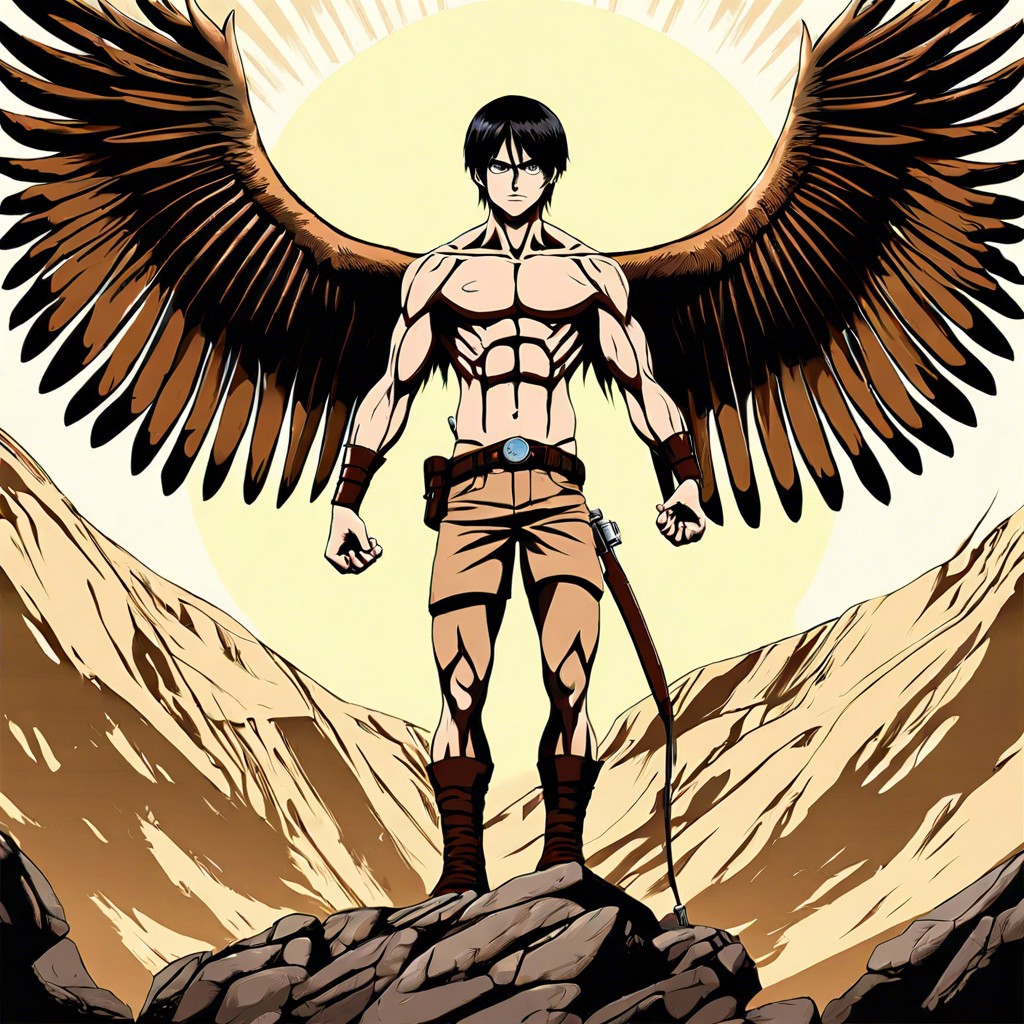Discover how the story of Adam and Eve might have changed if Adam had taken the first bite of the forbidden apple.
Picture this: Adam munching on the forbidden fruit first. Suddenly, the Garden of Eden’s narrative flips its script! What chaos would ensue, you ask? Curious case of biblical role reversal! From shaking up gender dynamics to mind-boggling theological spins, the repercussions would ripple through culture and doctrine alike. Hold on to your fig leaves; we’re diving into a world of intriguing consequences and alternative cosmic orders. Ready for the plunge?
Key takeaways:
- Eve could be seen as rational guide, not temptress.
- Adam would challenge traditional male authority perceptions.
- Family dynamics and gender roles might shift.
- Original Sin could be dubbed “Adam’s Apple,” altering Christianity.
- Art, literature, and language would have amusing twists in reference.
Biblical Role Reversal

Imagine a world where Adam bit into that infamous apple first. Suddenly, the perception of original sin takes a turn! Here’s how a simple nibble could twist the tale:
- Shift in Blame: With Adam taking the first bite, the blame game as we know it might be flipped. Would Eve be viewed as the naive bystander, or the voice of caution ignored?
- Redefining Temptation: Adam becoming the initial rebel might position him as more susceptible to temptation than Eve. Would that shift our understanding of male and female strengths and weaknesses?
- Gender Roles on Their Heads: If Adam, the archetypal man, disobeyed first, traditional narratives casting men as leaders might face scrutiny. Would this storytelling shift impact centuries-old cultural norms?
Get ready to reconsider everything you’ve ever thought about the Garden of Eden scenario!
Impact On Gender Dynamics
Imagine if Adam had taken the first bite. It could’ve flipped historical dynamics on their head.
First off, traditional gender roles might look different. Society often traces back to the “Eve as the temptress” story. Adam being the first offender might shift that narrative.
Also, spiritual leadership roles could alter dramatically. Eve might be seen as the follower of a misguided man instead of the instigator.
Women’s portrayal in religious texts and art might be gentler, more passive. They wouldn’t be the origin of the fall, but rather, along for the ride.
Men, conversely, might bear the heavier moral load. The burden of the first sin could lead to more scrutiny and less assumed authority.
Relationship dynamics would shift. Trust, blame, and responsibility within couples might have evolved differently.
Our entire understanding of early human behavior would hinge on a new foundation. Wouldn’t that be a trip?
Differing Consequences
Imagine the fallout if Adam took the first bite of that infamous fruit. For starters, the narrative around guilt might have shifted dramatically. Eve could’ve been seen as the rational one, perhaps guiding Adam or even questioning his impulsive snack choice.
In this scenario, Adam becomes the poster child for disobedience, turning the tables on traditional perceptions of male authority. It could imply men have a more natural inclination for temptation, altering thousands of years of cultural and religious tropes.
Additionally, the consequences might have impacted family dynamics. Would the burden of labor and childbirth pains shift? Maybe Adam would experience the metaphorical or literal pains, changing the entire ethos around family and gender roles.
And let’s not forget the image of Eve as the first teacher, trying to lead Adam towards better choices. Talk about a role reversal worthy of a plot twist.
Such a switch would ripple through theological interpretations, where male and female roles come under a new lens, potentially leading to significantly different societal norms. Buckle up; it’s the butterfly effect with an Eden-sized gust.
Theological Interpretations
If Adam had taken the first bite, theologians would have plenty to chew over.
One idea is Original Sin might be dubbed “Adam’s Apple” instead. Christianity could look quite different.
Debates might shift focus, with blame moving from Eve onto Adam. Sermons would get interesting!
Some could argue that Adam’s actions would emphasize male accountability, changing narratives on responsibility in religious texts.
Others might ponder if Eve’s role would then seem more redemptive, altering interpretations of her character.
Either way, such a twist would spark intriguing debates and reexaminations of foundational beliefs.
Cultural Implications
Consider the ripple effects on art, literature, and even everyday language. How would our stories and cultural references change if Adam took the first bite?
Imagine classic paintings: Adam, apple in hand, under Eve’s curious gaze. Entertaining, right? Shakespeare might have flipped his scripts entirely, with male characters embodying the tempting trickster.
And idioms! “All men are descended from the guy with the apple,” could be a hilariously awkward phrase.
Fascinatingly, social norms might flip, too—topics like temptation, blame, and heroism would have different heroes and villains. Maybe “Adam’s apple” joke would take on a whole new, less anatomical meaning.
Through a changed glance, culture evolves. And it’s nothing short of a wild thought experiment.




